What’s the deal with beetroot? For a humble vegetable, it gets a lot of praise for boosting the performance of endurance athletes. If you’re skeptical if eating this dark-red vegetable or drinking its juice can really boost your athletic performance, we get it. Most “performance boosters” are marketing jargon more than anything—but beetroot is the exception. It can absolutely impact your performance on a marked way (as in you can feel the difference in your endurance and stamina). Let’s uncover one of the best supplements nature has to offer.
How does beetroot improve endurance?
These days, people are looking for nutrient-dense foods to improve their health and athletic performance. Many are turning to beets (the whole vegetable, beet juice, and/or concentrates), because they’re packed with dietary nitrates. When consumed, bacteria in your mouth and stomach convert those naturally occurring nitrates into nitrites, which then raise nitric oxide levels. That’s important because nitric oxide is thought to enhance athletic performance by boosting vasodilation, aka it expands blood vessels. In doing so, blood pressure decreases and blood flow increases, allowing more nutrients and oxygen to get to working muscles mid-workout.
New research backs it up; because of the combined effects, beetroot supplementation may improve aerobic exercise performance.
Who should use beets?
So, what type of athlete or training can benefit from beetroot or nitrate supplementation?
Nitrate supplementation seems to be the most beneficial for exercise lasting five to 30 minutes, so short- to mid-distance runners, swimmers, and cyclists will likely reap the most benefit. There is less published evidence for performance improvement over longer durations.
Some things to note: Consuming red beets or beetroot juice can cause red urine and stool. While it might be alarming, it’s not harmful or cause for concern. You should avoid mouthwash before consuming beet juice. Because bacteria in your mouth metabolize dietary nitrates, you want to keep ’em intact. Mouthwash reduces oral bacteria, potentially lower levels of nitric oxide production and lessening the chance of a performance boost.
Beet juice dosing
The International Society of Sports Nutrition recommends athletes consume 300-600mg nitrate/day (or 0.1 mmol/kg/day), either in the form of beetroot juice or sodium nitrate, two to three hours before exercise.
Sources of nitrates
Nitrates are not sold as isolated dietary supplements due to concerns and regulations around ingesting high amounts of sodium nitrate, a food preservative. Instead, they’re typically supplemented by consuming nitrate-rich foods, like beets and dark leafy greens.
Nitrate-rich foods:
- Red beets, celery, and arugula contain approximately 250mg nitrate/100g
- Raw spinach contains approximately 900mg nitrate/cup
- Beet juice contains approximately 250mg nitrate /cup
Beetroot is also available in concentrated powders and juice “shots” which vary in potency and dosage.
Here are the best beetroot supplements to consider.
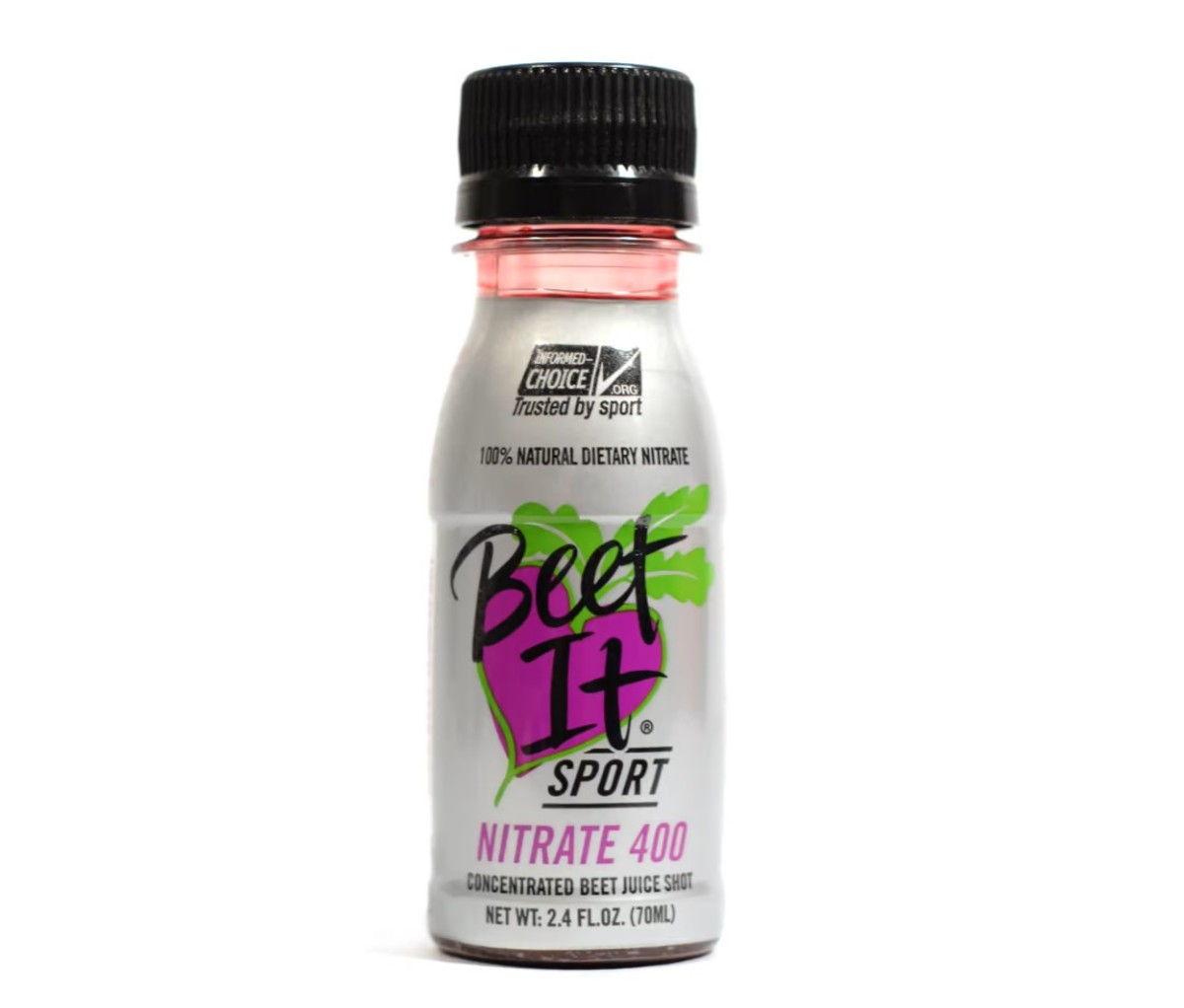
1. Beet It Sport
- 400 mg nitrates in each shot
- Informed Sport certified
[$48 for 15 shots; beet-it.us]
Get it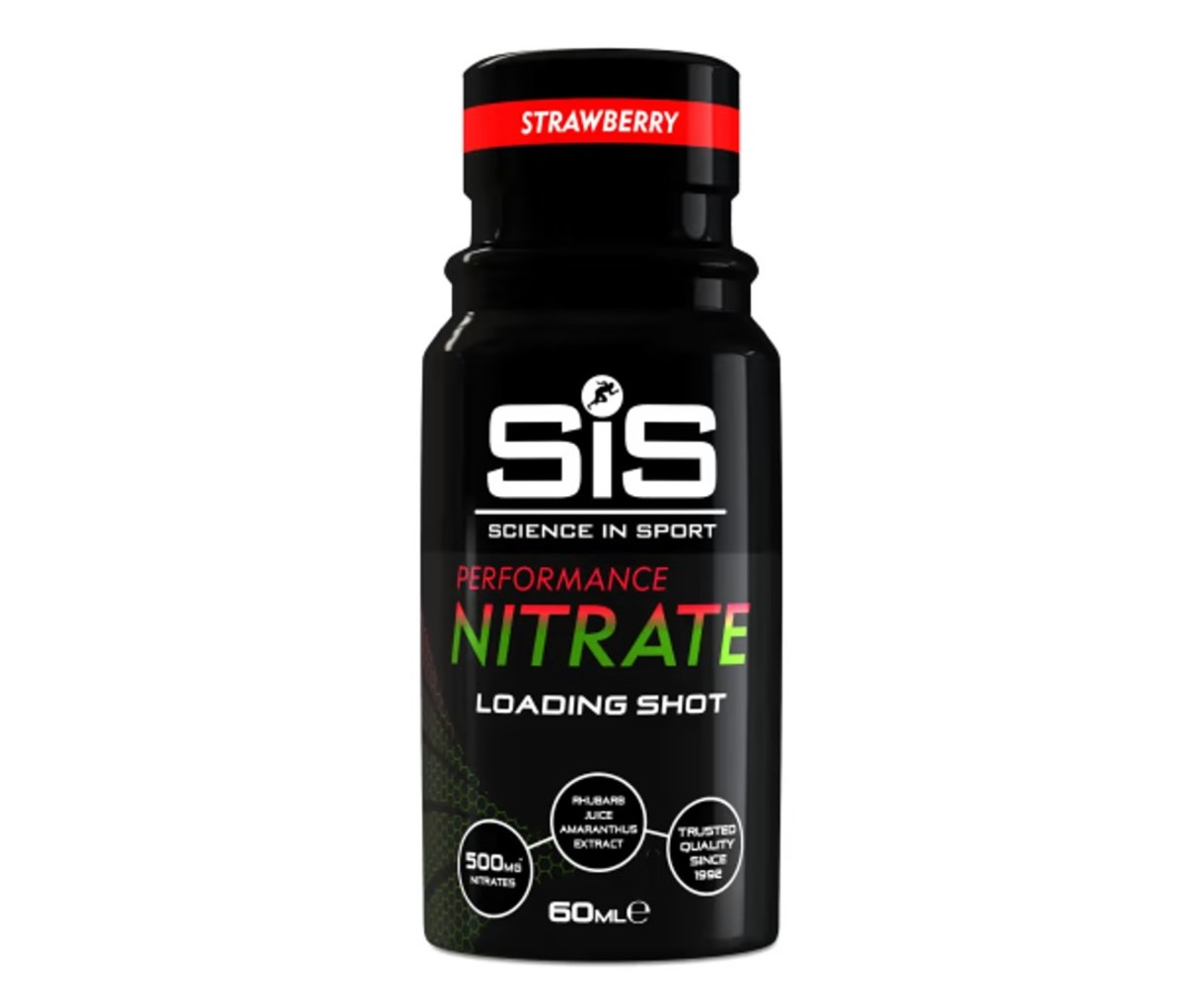
2. SIS Performance Nitrate Loading Shot
- 500 mg nitrates in each shot
[$33 for 12 shots; scienceinsport.com]
Get it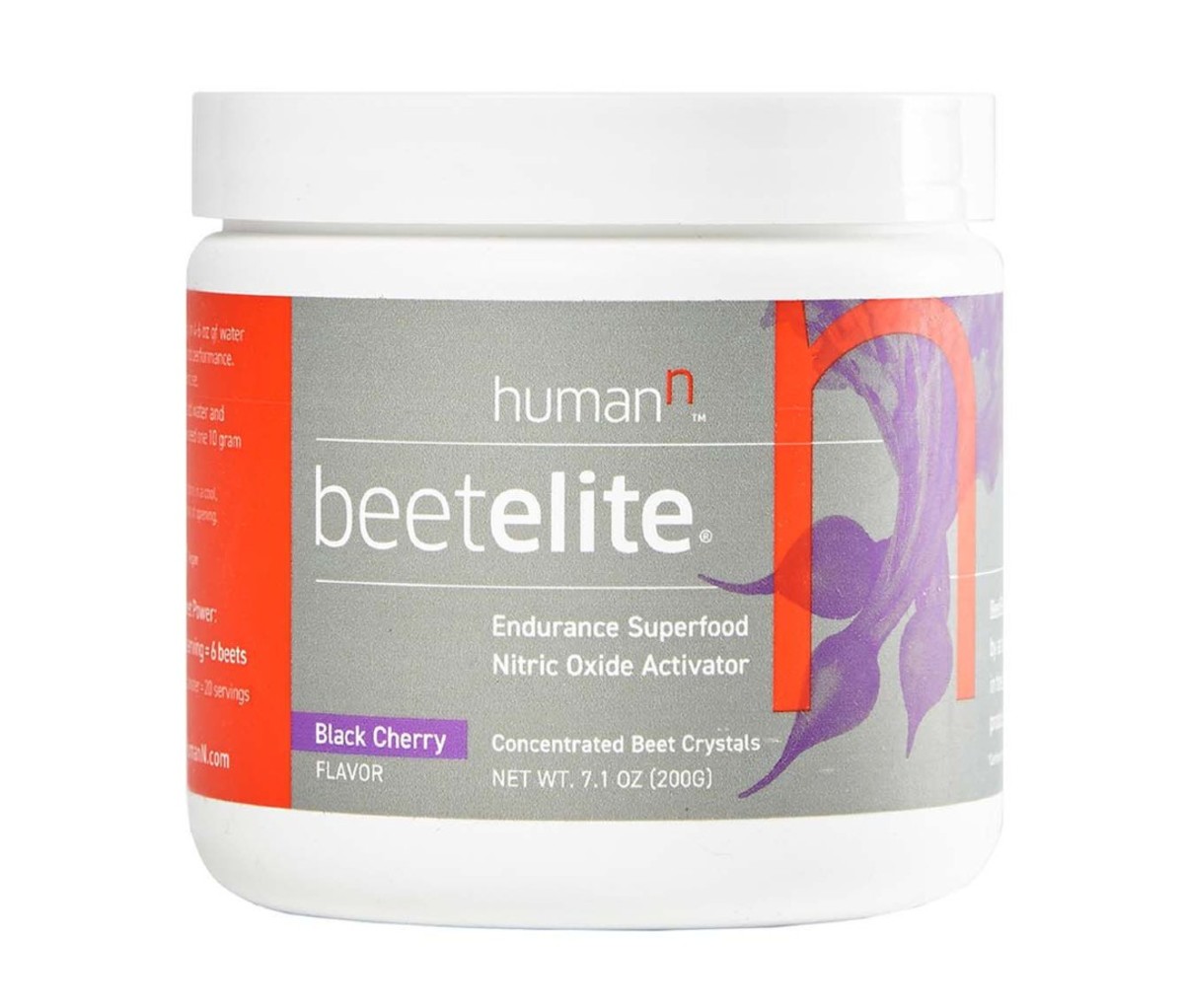
3. Beet Elite
- One serving of powder is the equivalent of six whole beets
- Informed Sport certified
[$40; humann.com]
Get it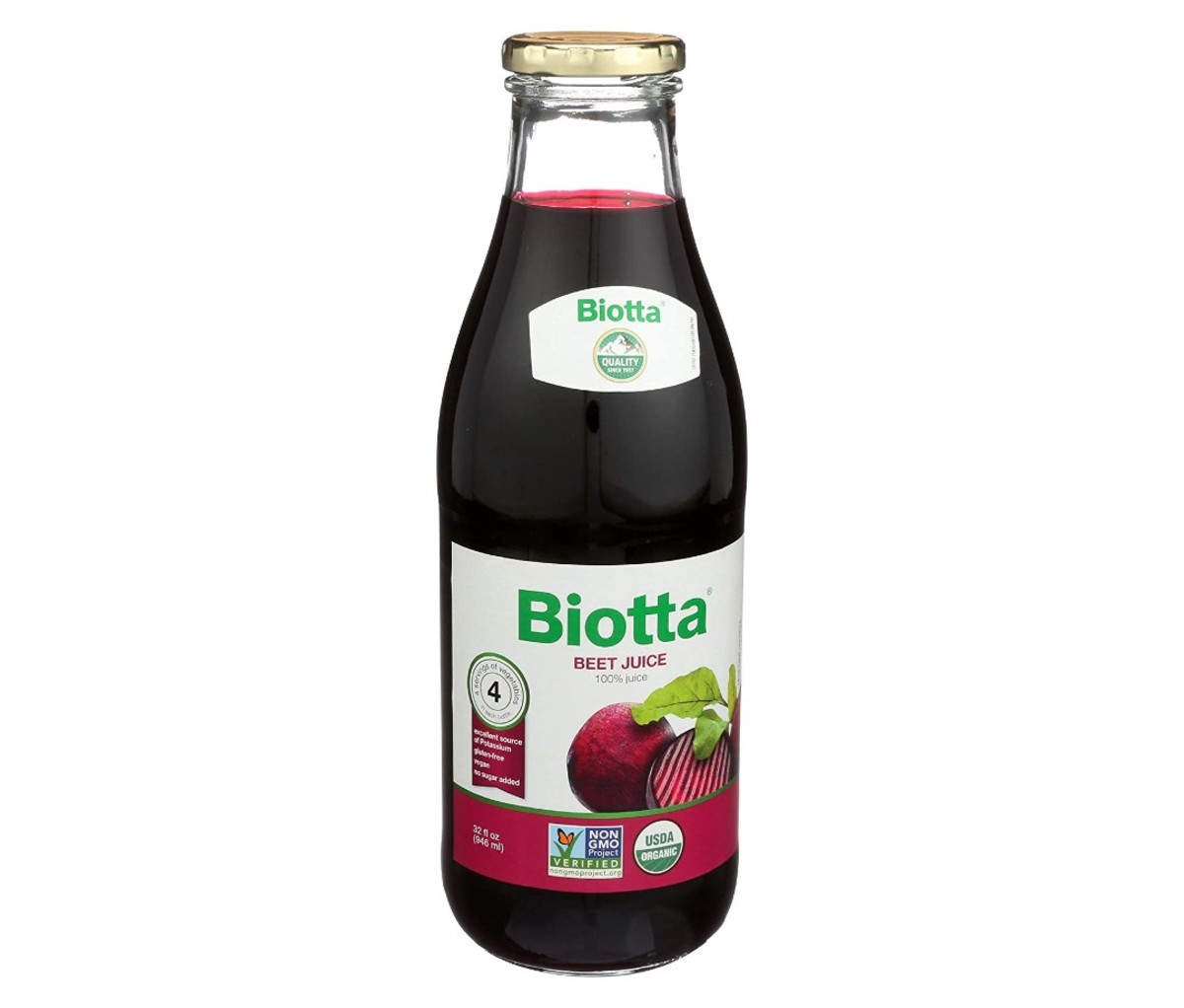
4. Biotta Beet Juice
- 100% organic beetroot juice
- No other additives
[$67 for 6 32-oz. bottles; biottajuices.com]
Get it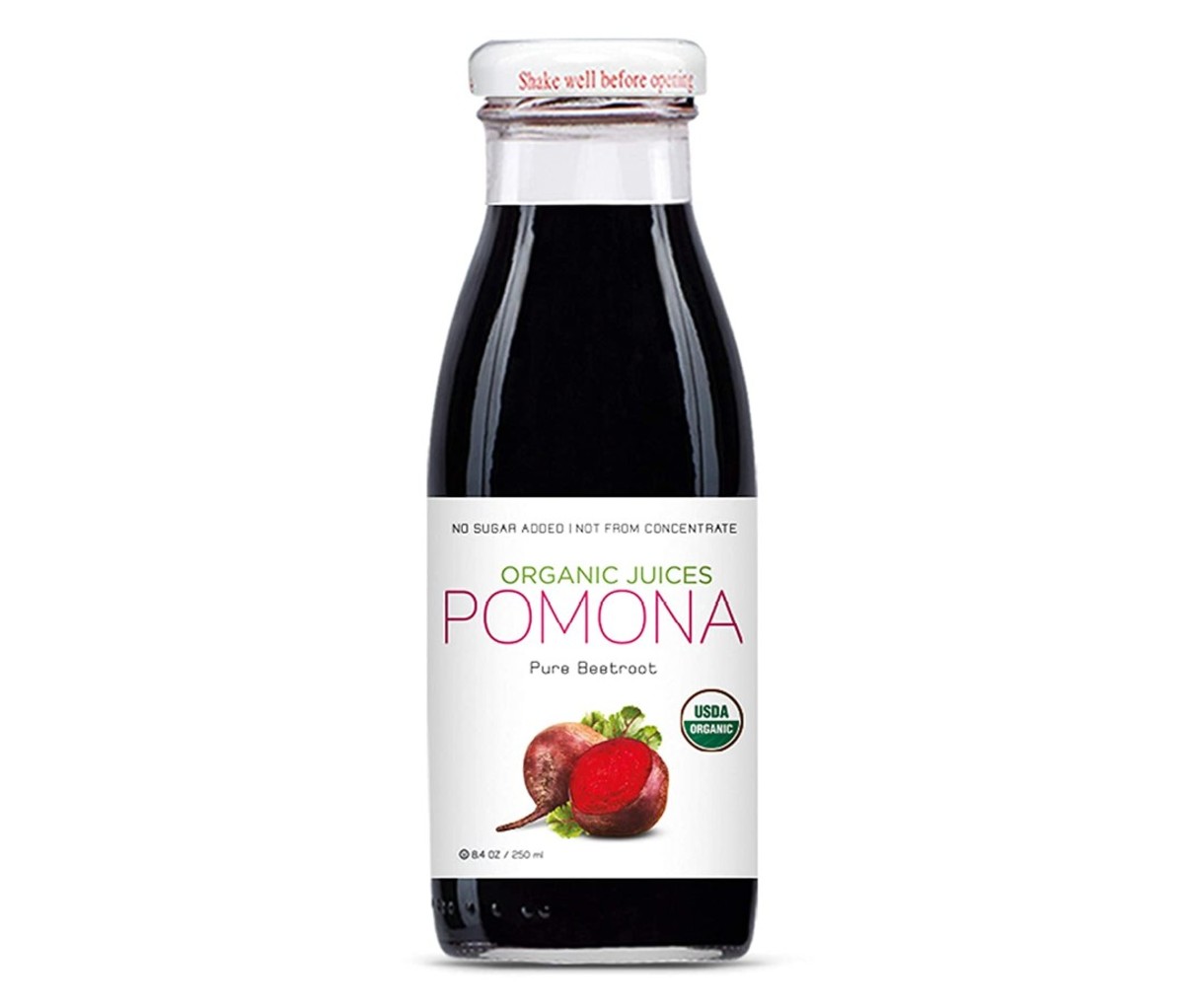
5. Pomona Beet Juice
- 100% organic beetroot juice
- Every bottle contains ¾ lb beets
[$40 for 12 8.4-oz. bottles; pomonaorganic.com]
Get itJordan Mazur, MS, RD is the Director of Nutrition for the San Francisco 49ers.
from Men's Journal https://ift.tt/FfTZwC1



0 comments